From Story Idea to Book Agent
This post may contain affiliate links.
Last fall, I joined a free memoir class. I didn’t really want to write a memoir, but I did want to meet people and try something different. It had been a decade of debilitating mold-related illness for my girls and me, and now at 50, the fog of illness was lifting. I was ready for whatever was next.
By February, I felt clear that I didn’t want to write about myself even in personal narrative essays. I didn’t want to write about my first dog’s healing love or the mold that ruined my health. At least not yet. Since I’m a prayerful person, I continued to pray about what was next and stayed open to the possibilities.
Then, direction came…
On the same day in March, two friends reflected back to me on how animated I got when I talked about a particular story and message that I wanted to see in picture books. They both said something like — You light up when you talk about this. Why don’t you write it?
I never thought I had stories in me.
I never secretly dreamed of writing fiction.
But, I knew in my bones that, yes, THIS was what I had been waiting for. This was the right direction for me at this moment in my life.
I committed myself to learning and writing every day. As I sipped my morning coffee and after I journaled, I spent time reading, watching classes online, thinking of ideas, and writing.
I have three journals– one is specifically for ideas and the others two are filled with notes from classes and the book I read.
Learning How to Write Picture Books
In sequential order, here are the resources from which I learned.
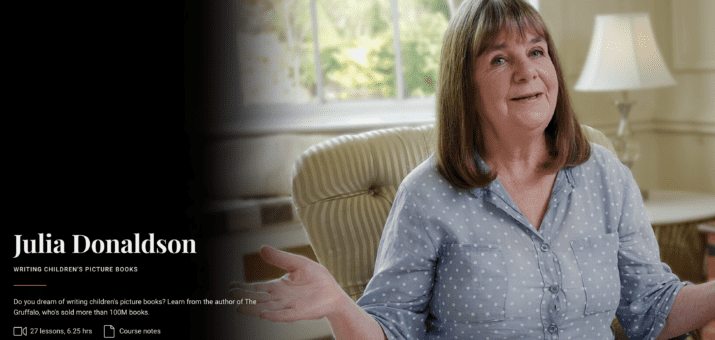
Julia Donaldson “Writing Picture Books” on BBC Maestro
Julia is a warm-hearted person with rich storytelling and publishing experience. She got me started and I learned a lot.
Mentor Texts
Between learning from Julia and reading Ann’s book (below), I typed up mentor texts word for word in Google Docs. I did this to study the patterns, the rhythms, the plotting, the character dialogue, the pacing, the word count, and so forth. I still do this with at least two favorite picture books on days when I’m stuck. It helps me see different authors’ approaches to beginnings and endings, when they introduce the conflict and raise the stakes, and all sorts of things that I’m still learning.
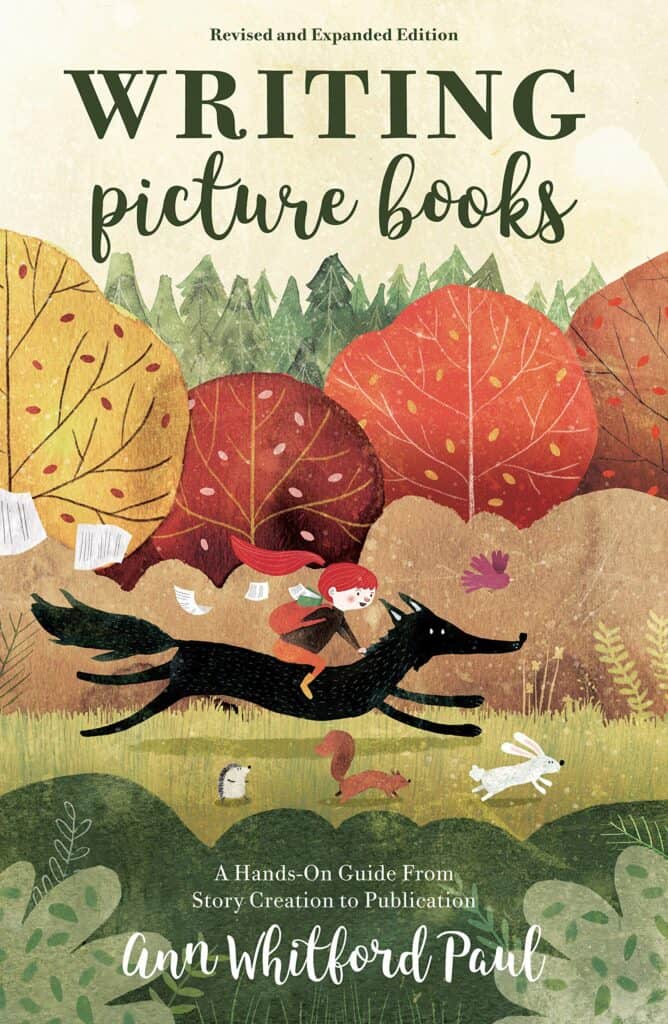
Writing Picture Books by Ann Whitford Paul
My Writing Picture Books copy is highlighted, and my notebook is filled with notes from each chapter. This is an amazing resource that I’ve reread multiple times. Of course, I reread my notes frequently, also.

SCBWI
The Society of Children’s Book Writers and Illustrators is a professional organization meant to support authors and illustrators of children’s books. They offer meet-ups, critique groups, conferences, and some classes.
Critique Groups / Writer Friends
My memoir critique group helped me the most — even though I wasn’t writing memoir. I joined several others but will say that it was hard to find the right fit with experienced writers who would give me pointed feedback.
I would never take advantage of a friendship, but when I did ask a friend with lots and lots of published books (Tara Lazar) to tell me which story she liked best (that I thought were totally ready– spoiler: they weren’t)– she read one and gave me the BEST feedback in two sentences. First, she told me that my story was good but needed a stronger narrative voice. And second, she told me not to have my main character thinking since it’s hard to illustrate. SO HELPFUL!
To figure out narrative voice in third person, I found Storyteller Academy– and Carter Higgins’ classes. (No, I didn’t ask Tara because again, she’s a friend but I don’t expect her to work for free. I figured that I could research, learn, and ask her later if I still couldn’t figure it out.)
I’m excited to work with a new critique group of picture book writers who have picture books coming out next year. We meet for the first time next month.
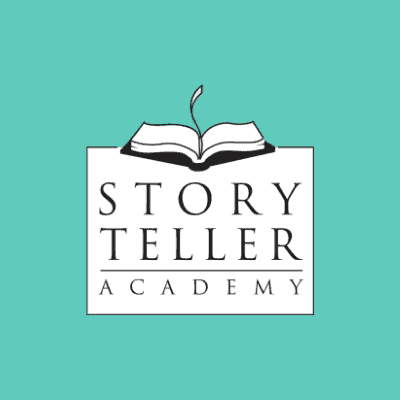
Storyteller Academy
As I mentioned, Carter Higgins’ classes taught me about narrative voice and word choice, so I could improve my manuscripts in that way. Jim Averbeck‘s classes thoroughly covered everything else. I got so much from both instructors –literally hours of content that included direction instruction, mentor text examples, and homework which pushed me to grow as a writer. I highly recommend SA and am still taking classes there.
Editors
Editors are a mixed bag. Some are crazy expensive which is not an option for my budget. I hired one that missed some conceptual errors that a writer friend noticed. I hired one that was good-ish but flaky and missed our contracted deadline BY A MONTH. I found another good one, but a new critique group hated my manuscript she loved. Maybe it’s them? Again, critique groups are tricky! I had a kind writer friend edit a manuscript and give me excellent advice that I’m still mulling over.
But, this journey got me to the editing experience that led me to an agent.
I signed up with Rena Rossner through Storyteller Academy to edit two manuscripts.
NOTE: My goal before pitching an agent was to have 5-7 polished picture book manuscripts. Some agents want to know that you’re not a one-and-done kind of writer. Or maybe they want to see your range. Or maybe they don’t. It depends on the agent. Anyway, I had one finished manuscript. I asked Rena to look at my 2nd and 5th MSs.
Rena found conceptual problems with my stories — but she liked my writing and knew me from Imagination Soup! So she asked me for the one finished manuscript — and a week later, she said she wanted to represent me.
Agent
Last week, I officially signed with Rena Rossner of The Deborah Harris Literary Agency!
She’s everything I wanted in an agent — very kind, already a big fan of mine, and represents other authors I admire.
My journey isn’t typical since most authors will spend months and years pitching agents. Nevertheless, I am immensely grateful for the opportunity Rena is giving me and excited for the next steps.
Common Questions
Since signing, here are a few questions people ask me…
Q: Who will be your illustrator?
A: The publisher who buys my manuscript (if they buy it) selects the illustrator.
Q: Who will publish your first story?
A: I don’t know yet! Rena is sending it to editors at different publishing houses, and we will see who likes it.
Q: What is your story about?
A: I’ll share that information when/if it sells. It isn’t the story I wanted to write when I started– that story still hasn’t come together as I want and is still under construction.
Do you have any other questions?
I hope to share publishing news soon — but these things take time.
Meanwhile, I’ll continue to write and revise and learn while I wait.
KEEP READING

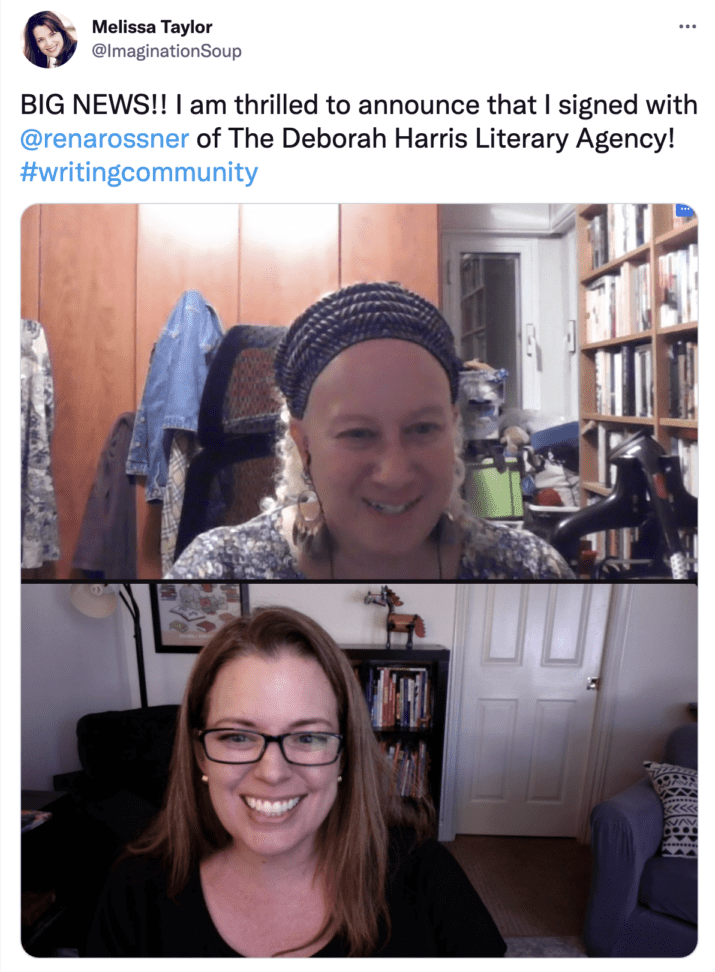
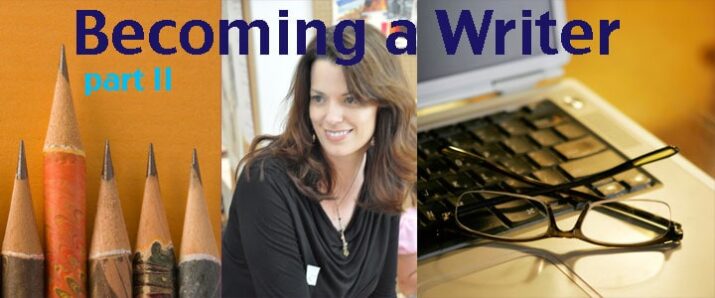
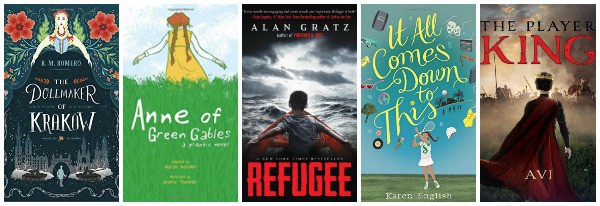
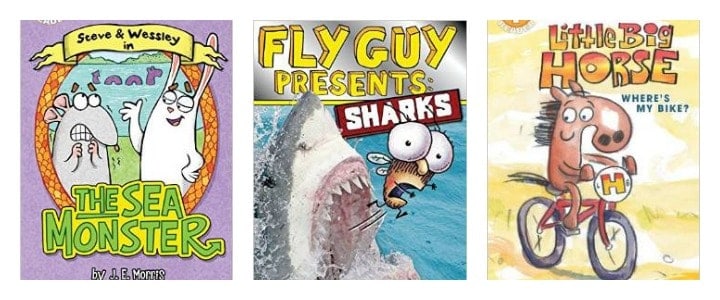
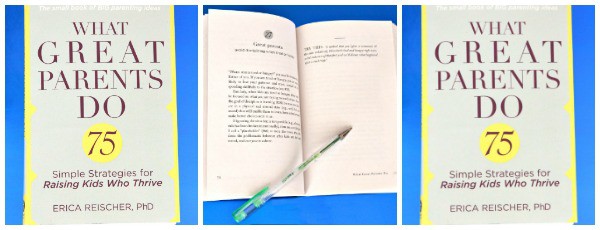
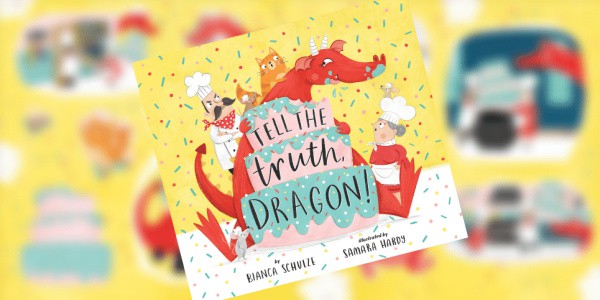

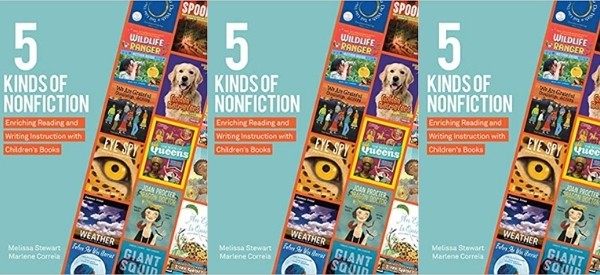
Love this Melissa!!! Thank you for sharing the story. So excited to see your book!!!
thanks, Lori!!
Wonderful! Lucky you. i’ve been writing for years.
Sue
thanks, Sue! Wishing you the best, too!!
How exciting, Melissa. Looking forward to reading your books; this is bound to be just the first of many in a long literary career. Congratulations!
thanks, Heather! I can’t wait to read your next books, too!
I’m dying to know what the conceptual concerns were, or even what a conceptual concern is. I hope you’ll be able to talk about it at some point. Congratulations on getting an agent!
Oh– that’s such a good question. For example, one story was about a dragon pirate captain who finds her treasure in books. In the plot, one of the problems was that she accidentally sets the books on fire with her breath. Rena said it was too close to book burning. Of course, I don’t want any reference to that and didn’t realize how it could be perceived. Whoops! Also, she said it had too many things going on, and I needed to simplify it. It’s now on the shelf until I figure out how I want to rewrite it.
Congrats Melissa! I can’t wait to read your books!
Thanks, Mia!!